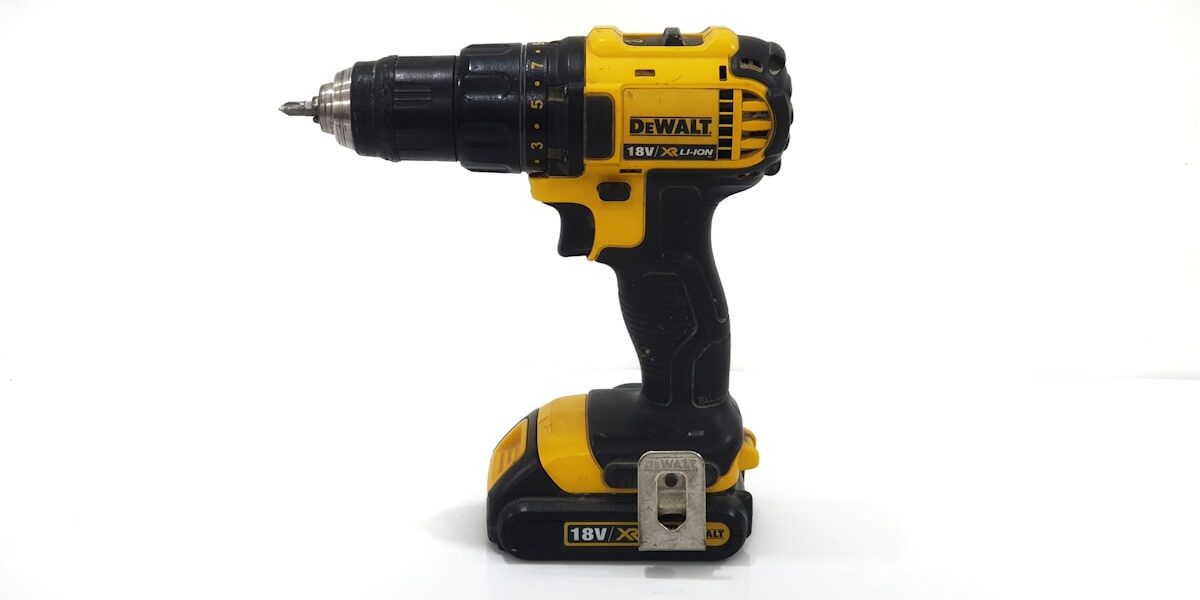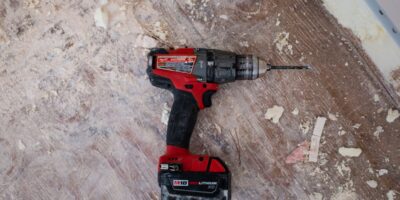Best Drill Bits for Steel: Essential Guide
Drilling through steel demands not just any drill bit. The right tool makes the job efficient and precise. Not all materials require the same approach or equipment, and steel presents its own challenges. This guide will help you understand what makes a drill bit suitable for steel and which ones come out on top.

Understanding Drill Bit Materials
Drill bits, though small, play a crucial role in many construction and DIY projects. Their composition affects their performance. When it comes to steel, it’s vital to choose bits made from materials that withstand high temperatures and pressure.

- High-Speed Steel (HSS): A popular choice for general use. It works well on wood, soft metals, and most plastics. When drilling into steel, HSS can perform, but with limited effectiveness.
- Cobalt Steel Alloys: Infused with 5%–8% cobalt, these bits withstand higher temperatures. Cobalt increases durability and longevity, making them ideal for stainless steel and heavy metals.
- Tungsten Carbide: Known for its toughness. Carbide bits are expensive and brittle but efficient for tough steel.
- Black Oxide-Coated HSS: Similar to standard HSS but with an oxide coating. It improves heat resistance and longevity without a significant price increase.
Choosing the Right Drill Bit Coatings
Coatings extend the life of a drill bit and enhance performance. Steel requires bits with suitable coatings that reduce friction and improve cutting ability.

- Titanium Nitride (TiN): A gold-colored coating that increases hardness and heat resistance. Effective on HSS bits, TiN can extend bit life by three to four times.
- Titanium Aluminum Nitride (TiAlN): Offers superior heat resistance. The aluminum component creates a layer that protects against thermal damage, allowing use at higher speeds.
- Black Oxide: Provides corrosion resistance and slightly more durability than plain high-speed steel.
Top Drill Bit Types for Steel
Understanding different drill bit designs helps refine your choice. Each type serves a purpose and provides specific functions, impacting efficiency and precision when drilling steel.

- Twist Bits: The most common drill bits, suitable for general-purpose drilling. While effective, they may require frequent cooling and sharpening when used extensively on steel.
- Step Bits: For making holes of varying sizes in thin materials. They’re effective for sheets of steel but not for thicker workpieces.
- Unibit: A variation of the step bit for drilling through thinner gauge steel. Ideal for softer grades but not suitable for hardened metals.
How to Maximize Drill Bit Performance on Steel
Drill bits, like any tools, function best when used correctly. Certain techniques and considerations improve efficiency, reduce wear, and result in cleaner holes.

- Use Cutting Oil: Lubrication helps reduce heat and friction. Cutting oil improves bit life and helps maintain sharpness.
- Apply Steady Pressure: Too much force causes overheating and quick wear. Maintain a steady hand for best results.
- Choose the Correct Speed: Slower speed levels extend tool life. High-speed drilling generates heat that dulls bits quickly.
- Keep Bits Sharp: Regular sharpening ensures clean cuts and prolongs bit life. A dull bit requires more pressure, increasing the risk of breakage.
Highly Recommended Drill Bit Brands for Steel
The market presents numerous brands, each with unique advantages. Evaluating options based on performance and durability can guide you towards the best investment.

- Irwin Tools: Renowned for durability, the cobalt and black oxide coatings enhance lifespan and performance on heavy steel.
- DeWalt: Offers a variety of high-speed steel and cobalt bits. Their products are known for high-quality material and precision.
- Bosch: Known for precise engineering. Bosch offers a range of bits that cater to both professional and DIY enthusiasts.
- Milwaukee: Provides tough, durable bits suitable for a range of metals, often preferred by professionals.
Maintenance Tips: Extending Drill Bit Life
Drill bits only perform as well as their maintenance allows. Proper care and handling extend their utility and ensure safety during use.

- Regularly Clean Bits: Dirt and residue block performance. Use a wire brush or cloth after each session.
- Store Properly: Keep bits in a dry, organized environment to avoid damage and corrosion.
- Inspect for Wear and Tear: Before each use, check for dullness or chips.
By understanding and applying these insights, your drilling projects become more efficient and productive. The right choice in drill bits significantly impacts the quality of your work, particularly when tackling challenging materials like steel. This foundational knowledge in materials, coatings, bit types, and care is key to success in any steel drilling endeavor.

\n\n
Related Articles
\n




Subscribe for Updates
Get the latest articles delivered to your inbox.
We respect your privacy. Unsubscribe anytime.